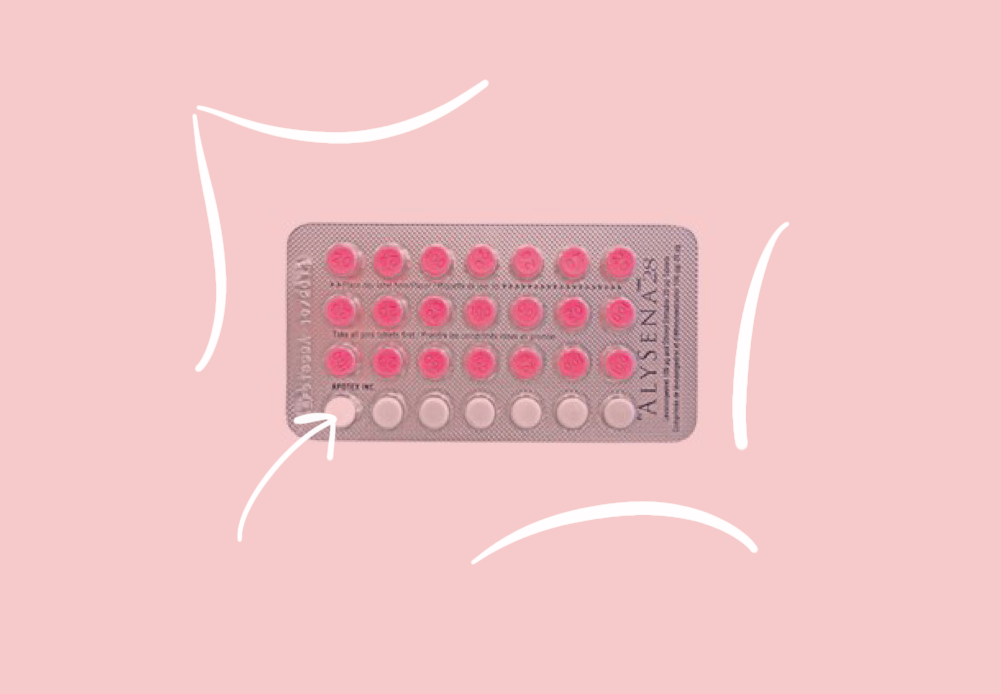Emme is a HIPAA-compliant company and your data privacy is our priority. Read more here.
The Secret Life of Placebo Pills
When I was prescribed birth control pills for the first time, my doctor spent roughly 5 minutes explaining how to take them, and then in the last 10 seconds, briefly tacked on a quick discussion about the placebo pills as an afterthought.
I was nervous and just nodded quickly. Afterwards, I always wondered about the differently-colored last row of pills. What was their purpose and, if they had none, why did they even exist?
After doing some research, I found out a surprising amount about those mysterious white pills.
What is the purpose of placebo pills?
The system of having three weeks of active pills and then one week of placebo pills wasn’t actually created with any scientific or medical purpose. One of the inventors who created the first birth control pills, believed they would be more acceptable to the Catholic Church if women continued having their period each month, so they created placebos in an effort to market the pill as “natural.” Their decision started a precedent that became difficult to overcome and started a series of public debates about female reproductive decision making. Today, doctors recommend that you take them as placeholders, so you continue the habit of taking your pill every single day…but, it is definitely not necessary.
Broadly has a great article which offers an in-depth look on the controversial political history of the pill.
So what’s the difference between a placebo period and a regular period?
It’s important to understand that bleeding while on the pill is actually different than bleeding while not taking birth control.
The period you get while on the placebos is from a decrease in the hormones in your pills and is called a withdrawal bleed. If you have ever forgotten to take your pill for ~2 days and started spotting, it’s the same phenomenon. This type of bleeding is usually much lighter than a period. If you’re on a pill that has less than 7 placebo pills, you might only experience spotting or no bleeding at all.
Further, birth control pills stop your body from ovulating, or preparing and releasing eggs — meaning that the typical layers of lining your body prepares in case of fertilization (read: pregnancy) aren’t created. The shedding of this lining is what happens during a “normal” period.
What are the ingredients?
Placebo pills are commonly called “sugar pills,” but that’s not all that is in them. While sugar remains the primary ingredient for most, some pills contain iron supplements to help replace the iron lost during the withdrawal bleed (aka period). Others contain small amounts of vitamins beneficial for women’s health. Or even a very low dosage of estrogen, but enough to let you have your period.
Do I need to take them every month?
No, you don’t! But, many people find it helpful to take their placebo pills to keep themselves in a regular rhythm, especially if they time their pill to other regular activities such as brushing your teeth in the morning or lunch time. However, if taking your pill on time is not an issue for you, there is no reason to stress about it if you don’t feel like it. If your placebos contain other helpful ingredients (iron, vitamins, etc), that could be a reason to keep taking them as well.
Can I have sex on the placebo pills?
Yes! You are protected against pregnancy IF you took the previous three weeks of active pills correctly.
So, in summary, they’re a lot of personal choice here, as is the case with anything technically optional. Talk to your physician and use your best judgment!
...
Sources:

